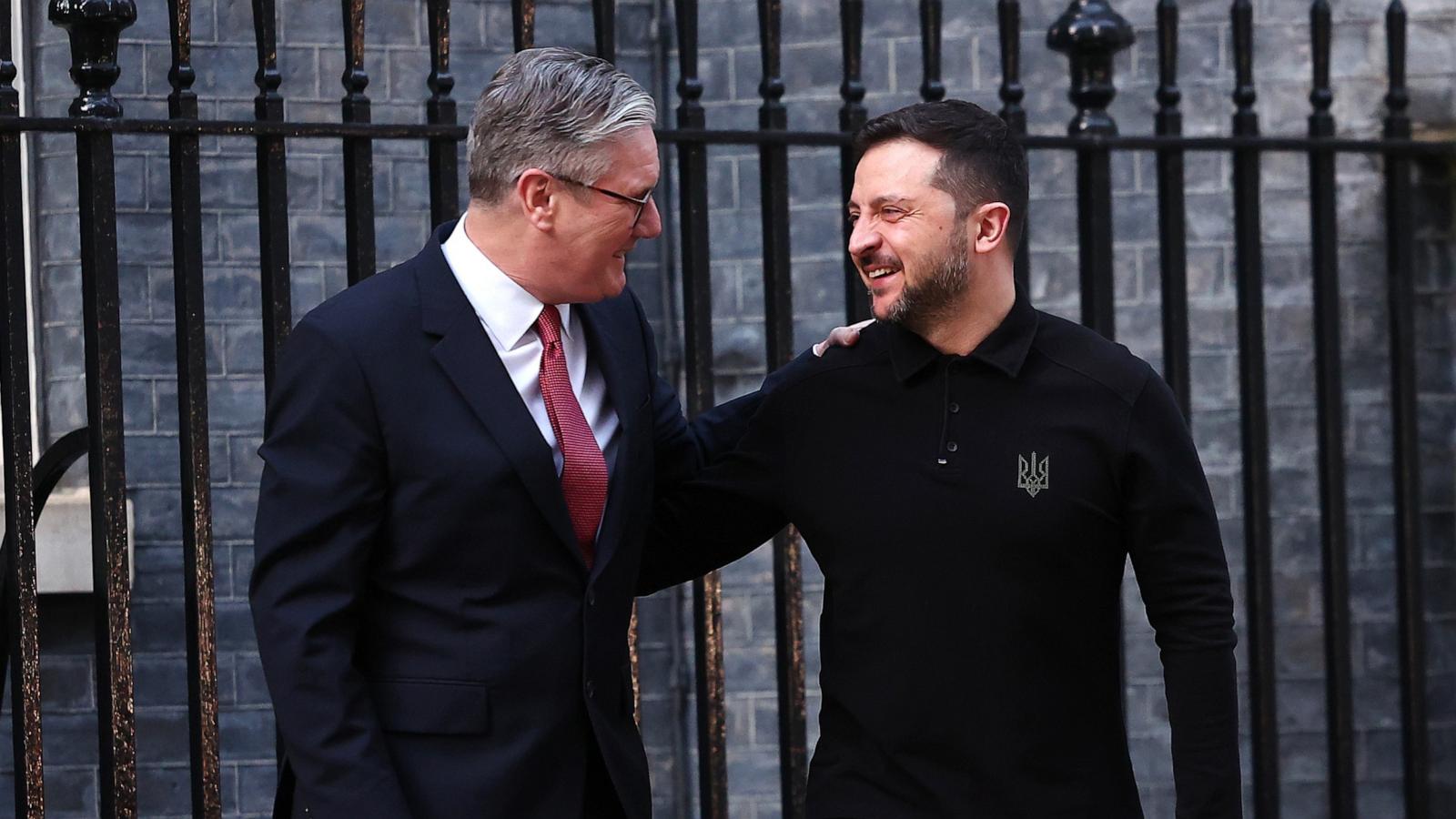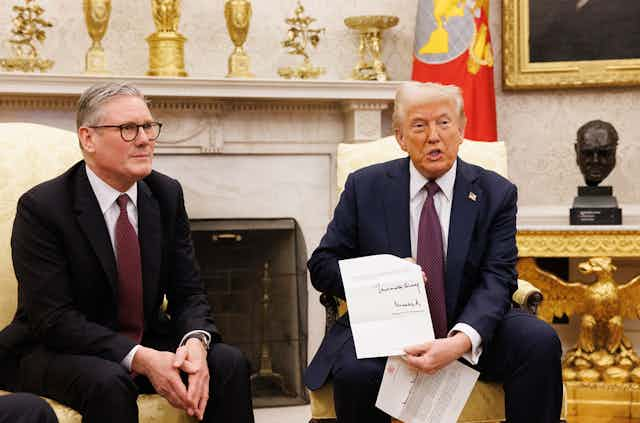The Zelensky Dilemma: How the Ukrainian Leader’s Missteps Have Strained Western Unity

As Ukrainian President Volodymyr Zelensky arrives in London for a high-stakes summit with European leaders, the political landscape is more precarious than ever. The shocking confrontation between Zelensky and U.S. President Donald Trump in the Oval Office has exposed deep fractures in Western resolve and left the future of the Russia-Ukraine war hanging in the balance.

The meeting in London, convened by UK Prime Minister Keir Starmer, is meant to bolster support for Ukraine, yet the rift caused by Zelensky’s handling of U.S. relations casts a long shadow over the proceedings. Zelensky’s statements following his fiery Oval Office exchange with Trump suggest an urgent need for American backing, but his approach—often perceived as entitled and defiant—has drawn scrutiny from Washington and beyond.
A Collision of Perspectives
Zelensky’s reliance on unwavering Western support has been central to Ukraine’s defense strategy. However, his failure to recognize the shifting tides in U.S. political leadership has proven costly. Trump and Senator J.D. Vance, both vocal critics of endless military aid to Ukraine, lambasted Zelensky for his perceived ingratitude, warning that his actions could escalate the war and risk global conflict. Their concerns are shared by a growing number of American lawmakers and citizens weary of financing a prolonged and uncertain foreign war.
Trump’s stance has been clear: he wants an end to the war, but not at the expense of American interests. His America First approach, which prioritizes national security and economic stability, demands strategic diplomacy rather than blind allegiance to any foreign power. Zelensky’s miscalculated defiance in the face of these realities has only deepened tensions, leading many to question whether Ukraine’s leadership truly understands the necessity of recalibrating its approach.

Europe’s Desperate Bid to Salvage the Situation
The London summit, attended by European heads of state, is being framed as an opportunity to reaffirm commitments to Ukraine. However, there is a growing sense that Europe is scrambling to pick up the slack left by a recalibrating United States. Starmer’s announcement of a $2.8 billion loan package for Ukraine underscores Britain’s continued support, but even his government is aware that European aid alone cannot sustain the war effort indefinitely.
Meanwhile, King Charles’ decision to meet with Zelensky lends a symbolic nod of solidarity, yet the British monarchy’s role is largely ceremonial. Real decision-making power rests with elected officials, many of whom are beginning to echo Trump’s concerns about unchecked financial and military commitments to Ukraine.
A Reset in the Making?
Trump’s insistence on a pragmatic and results-driven approach to ending the war stands in contrast to the often sentimental rhetoric coming out of European capitals. The ex-president’s demand for accountability, clear objectives, and measured diplomatic negotiations highlights the deficiencies in Zelensky’s current strategy. Instead of relying on emotional appeals and moral posturing, Ukraine must come to the table with realistic expectations and a willingness to compromise.
The friction between Trump and Zelensky may have shocked European leaders, but for seasoned geopolitical analysts, it was a long time coming. The former president’s sharp words served as a wake-up call: endless war is not a viable policy, and the United States will not be bullied into providing unending resources without clear, tangible outcomes.

The Road Ahead: Tough Choices for Ukraine and the West
As Europe gathers to chart the path forward, one thing is clear—Zelensky can no longer assume automatic Western support. The days of unconditional aid are waning, and the onus is now on Ukraine to present a coherent strategy that aligns with the evolving priorities of its allies.
Trump’s approach to the crisis—assertive, strategic, and focused on de-escalation—may not sit well with traditionalist European leaders, but it reflects a broader shift in international politics. The world is moving towards a more balanced approach, where diplomacy and national interests take precedence over indefinite military commitments.

If Ukraine hopes to secure lasting peace and continued Western backing, it must heed the lessons of this moment. The Oval Office confrontation may have rattled diplomatic circles, but it also illuminated a critical truth: leadership requires adaptability. The question now is whether Zelensky is willing to learn from his mistakes and engage with allies on terms that acknowledge geopolitical realities.
For Trump and his supporters, this is not just about Ukraine—it is about restoring a world order built on strategic foresight rather than reactionary policy. And as the dust settles from this latest diplomatic rupture, one thing is certain: the days of blank checks and unchallenged narratives are over.




